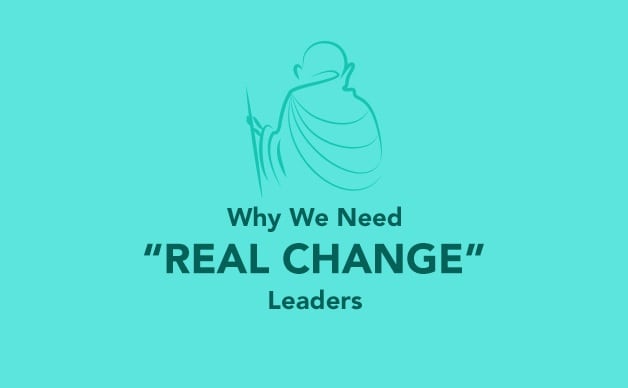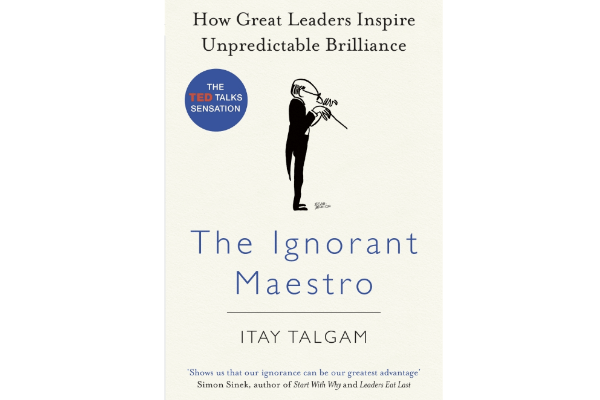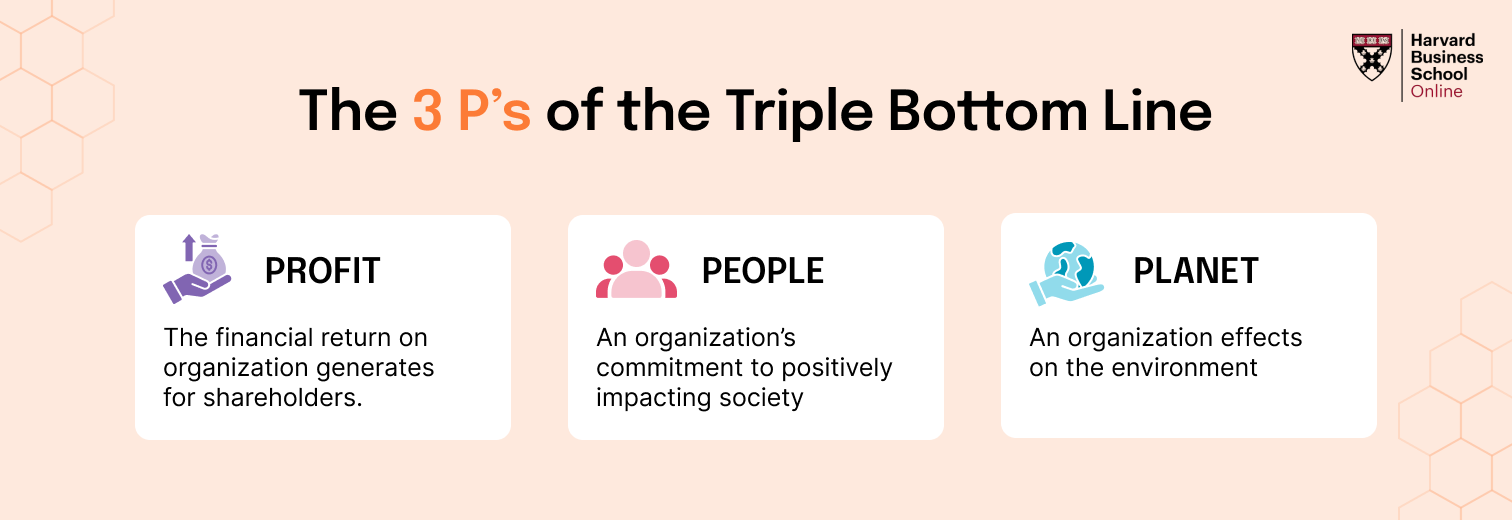Introduction: The Call for Revolutionary Leadership in a Rapidly Changing World
Table of Contents
Change has always been a constant. But today, change is not just continuous; it’s exponential. New technologies, evolving workplace expectations, hybrid work models, and unpredictable global disruptions have accelerated the pace at which we live and work.
In our experience working with diverse organisations, we’ve noticed a pattern: while many teams adapt, few truly lead through change. And that’s where revolutionary leaders come in.
The world needs not just competent managers, but courageous change-makers — leaders who challenge the status quo, inspire bold thinking, and help teams thrive through transformation.
Related Reading: Leading Change
Change Is No Longer Optional
In a fast-paced world, standing still is the fastest way to fall behind. For organisations, this means change cannot be a quarterly initiative – it must be a way of working.
Whether it’s modernising systems, revamping team structures, or navigating industry disruptions, sustainable transformation starts with mindset. And that mindset is set by the leaders.
In our experience, organisations that treat change as a muscle — something to be trained and developed — build cultures that are far more resilient and future-ready.
But here’s the catch: traditional leadership models no longer suffice.
Related Reading: How To Cope With Change?
What Makes a Revolutionary Leader?
Not every leader is revolutionary — and not every revolutionary is a leader. But where the two intersect, transformation happens.
Here are some of the common traits we’ve seen in the change leaders we’ve worked with:
1. Purpose-Driven
They are deeply connected to a cause larger than themselves. This clarity of purpose helps them rally teams even in moments of ambiguity.
2. Courageous Yet Calculated
They are unafraid to challenge norms — but not recklessly. They take bold decisions rooted in empathy, data, and experience.
3. Inspiring, Not Controlling
They don’t micromanage or command. Instead, they coach, empower, and trust their people to lead from wherever they are.
4. Emotionally Stable and Self-Aware
They recognise that leading change often means managing emotions — both their own and their team’s. Resilience and emotional intelligence are core.
5. Risk-Takers with a Bias for Action
They know that inaction is riskier than a failed attempt. They embrace experimentation and treat failure as a feedback mechanism.
L&D Takeaway: Building such leaders requires a long-term commitment to immersive, experiential learning — not just classroom sessions or performance reviews.
Related Reading: 10 Essential Leadership Qualities
Why Revolutionary Leaders Matter Now More Than Ever
Think of the post-pandemic world — hybrid work, burnout, AI disruptions, quiet quitting. These challenges demand leaders who can:
- Reimagine old ways of working
- Engage people beyond paychecks
- Bring empathy into business decisions
- Stay agile without losing sight of long-term vision
We’ve seen firsthand how teams light up when they’re led by someone who doesn’t just ‘manage’ but actually believes in transformation.
Steve Jobs famously said, “The people who are crazy enough to think they can change the world are the ones who do.” In corporate contexts, those are the leaders who elevate everyone around them.
From Manager to Revolutionary Leader: What It Takes
In our leadership journeys with organisations, we’ve helped many managers make the transition from transactional roles to transformational ones.
Here’s what we’ve learned works best:
1. Experiential Training, Not Just Instructional Learning
Change leadership is not theory. It’s lived experience. Our gamified simulations, real-time team scenarios, and reflection-based workshops create safe environments for leaders to explore and evolve.
2. Mentoring and Peer Learning
Revolutionary leadership isn’t a solo journey. When managers learn from one another’s real-world challenges, they build not just competence but confidence.
3. Culture of Psychological Safety
Leaders can’t model vulnerability unless they feel safe doing so. Building trust and openness at the leadership level has a ripple effect across teams.
Related Reading: 5 Ways to Foster Psychological Safety at your Workplace
Signs That Your Organisation Needs Revolutionary Leaders
Here are a few signs we’ve picked up while working with client teams:
- Employees fear feedback or avoid conflict
- Managers focus solely on KPIs and transactions
- Innovation is sporadic and reactive
- Silos are growing despite digital tools
- Change initiatives fizzle out quickly
These aren’t just operational gaps. They’re leadership gaps.
Revolutionary leaders don’t just inspire change — they create the conditions where change becomes sustainable.
The Role of L&D in Enabling Change Leadership
So, how can Learning & Development (L&D) teams build the next generation of change leaders?
Here’s what we recommend:
- Design development journeys, not one-time programs
- Integrate real-world challenges into the learning
- Include modules on emotional intelligence, resilience, systems thinking
- Celebrate mindset shifts, not just skill gains
- Train middle managers — not just CXOs
In our experience, when L&D programs are aligned with business transformation, the ripple effect is immediate and measurable.
Final Thought: Leadership Is About Leaving a Mark, Not Just Meeting Metrics
The world doesn’t just need more leaders. It needs more revolutionary ones.
It needs leaders who:
- Challenge, not comply
- Inspire, not instruct
- Create leaders, not just results
So, here’s our invitation to you — whether you’re an HR leader, L&D head, or a people manager:
Don’t just measure your leaders by what they deliver. Measure them by who they empower.
Because revolutionary leadership is not about being loud — it’s about being clear, courageous, and committed.










